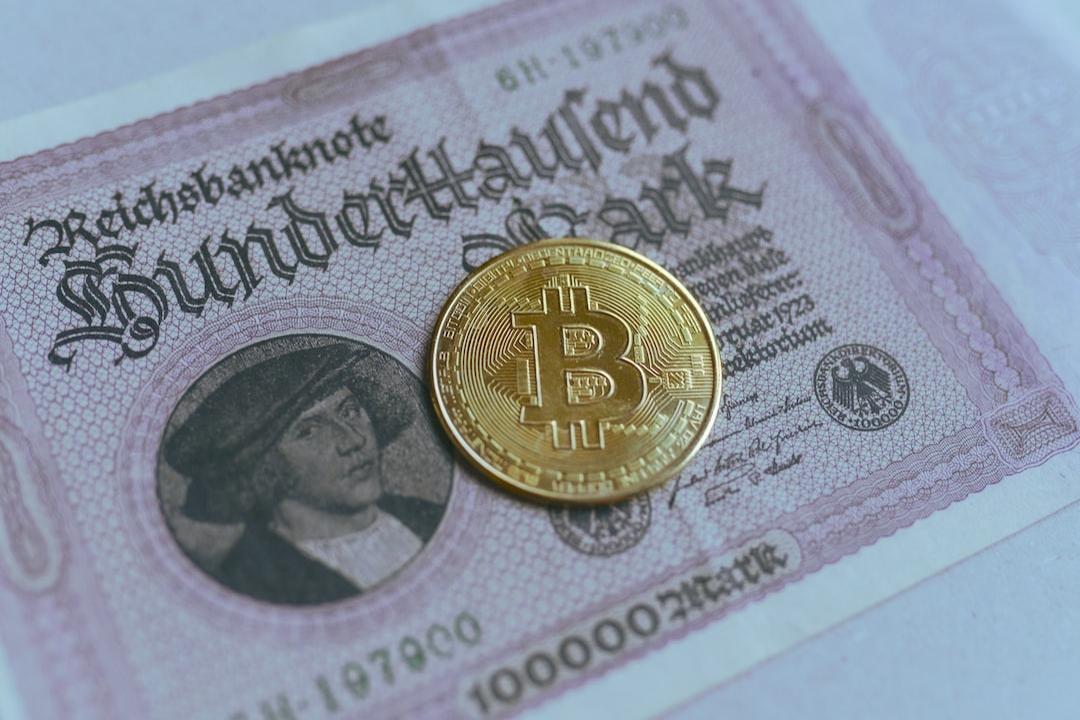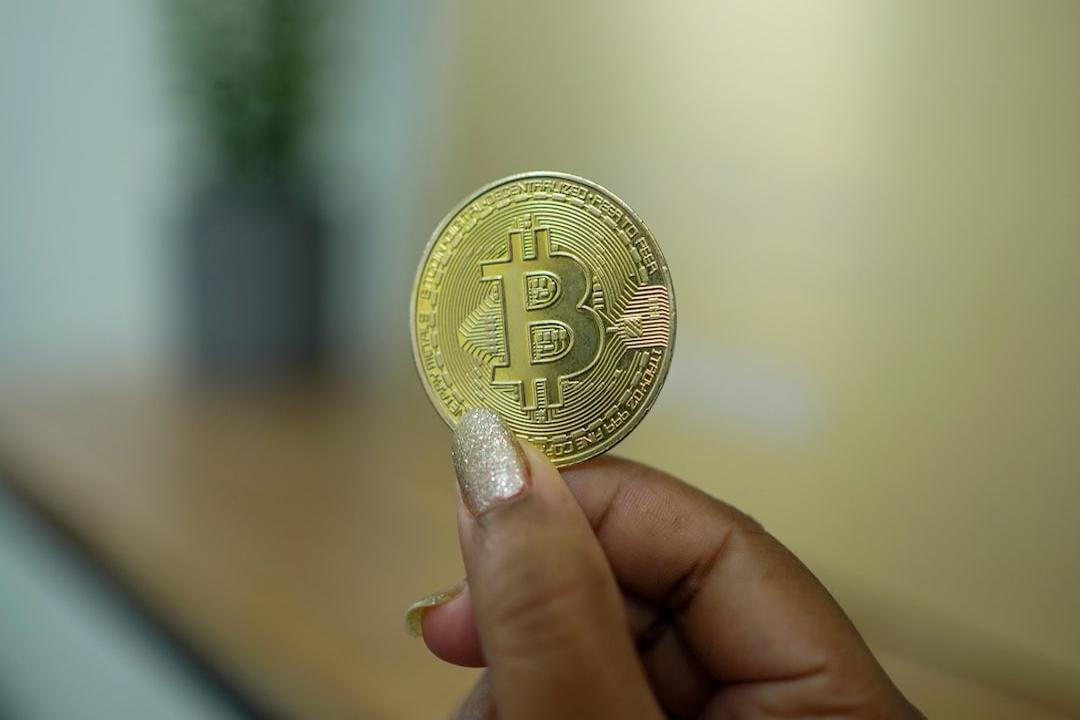Trump’s April 2 Tariffs: Potential Reactions of Bitcoin and Cryptocurrency Markets
trump_tariffs
US President Donald Trump





Donald Trump
Donald Trump is an American former president, politician, businessman, and media personality, who served as the 45th president of the U.S. between 2017 to 2021. Trump earned a Bachelor of Science in Economics from the University of Pennsylvania in 1968. Trump won the 2016 presidential election as the Republican Party nominee against Democratic Party nominee Hillary Clinton while losing the popular vote. As president, Trump ordered a travel ban on citizens from several Muslim-majority countries, diverted military funding toward building a wall on the U.S.–Mexico border, and implemented a family separation policy. Trump has remained a prominent figure in the Republican Party and is considered a likely candidate for the 2024 presidential election.
Trump is Preparing to Announce a New Round of Reciprocal Tariffs on April 2
In a recent statement, Trump, hinting that he is less likely to reconsider his aggressive tariff policy, stated that April 2 will be the liberation day of the US economy. In February, when he announced import tariffs on Canada, Mexico, and China, the cryptocurrency market experienced a significant decline. In that month, the Bitcoin market dropped by at least 17.5%. It is time to analyze how the April 2 reciprocal tariffs plan of the Trump administration will affect the crypto market, particularly top cryptos like BTC.
Trump’s New Tariffs: What to Expect
The US president is set to announce the tariffs plan on April 2. His goal is to reduce the country’s trade deficit.
The US has been running consistent trade deficits since 1976. In January, the US Balance of Trade increased from -98.06 USD Billion to -131.38 USD Billion. The US has the largest trade deficit in the world.


According to the World Population Review data, the top 15 countries that contribute to the US trade deficit index are China, Mexico, Vietnam, Ireland, Germany, ###, Japan, South Korea, Canada, Thailand, India, Italy, Switzerland, Malaysia, and Indonesia.
In 2024, the largest deficit in the US was with China ($270.4B). The US had a trade deficit of $157.2B with Mexico, $113.1B with Vietnam, $80.5B with Ireland, $76.4B with Germany, $67.4B with ###, $62.6B with Japan, $60.2B with South Korea, $54.8B with Canada, $41.5B with Thailand, $41.5B with India, $39.7B with Italy, $25.5B with Switzerland, $22.1B with Malaysia, and $16.4B with Indonesia.
Trump’s recent statement indicates that the US president is keen to liberate the country from the clutches of its trade deficit.
Reports say that the reciprocal tariff plan would primarily target countries with the largest trade surpluses and the highest barriers to US goods.
There are rumors that in the initial stage, the Trump administration may not adopt an aggressive approach. As per rumors, the administration may exclude certain sensitive sectors, including autos, semiconductors, and pharmaceuticals.
Also Read:
- Trump Media & Crypto.com to Launch Crypto ETFs and ETPs – Good News for Investors!
How Previous US Tariffs Affected Crypto
In February, the US government, under the leadership of Trump, introduced tough tariffs on China, Canada, and Mexico. In the same month, the Bitcoin price declined by over 17.5%.


At the start of February 1, the BTC price was at $102,314.57. On the last day of the month, it slipped to a low of $84,400. Currently, the Bitcoin price stands at $86,683. This clearly indicates that the market has not yet recovered from the impact of the February price drop.
How April 2 Tariffs Might Impact Crypto
If tariffs are aggressive, stock and bond markets may react negatively. This could spill over to the cryptocurrency market as well.
If tariffs are narrowed or delayed, markets may see a relief rally. Top cryptos, like Bitcoin and Ethereum, could recover if investors see reduced market uncertainty.
FAQs
Why do tariffs impact the crypto market?
Tariffs can trigger stock market declines and risk-off sentiment, which often spills over into crypto markets, causing price fluctuations.
Will Bitcoin recover if the tariffs are less aggressive?
If tariffs are limited or delayed, market uncertainty may decrease, potentially leading to a crypto rebound as risk sentiment improves.
- Ripple Lawsuit Update: XRP Community Pursues $500 Billion in Restitution Following SEC Fallout
- Is Altcoin Season on the Verge of a Breakout? Analyst Indicates $315 Billion Threshold is Crucial!
